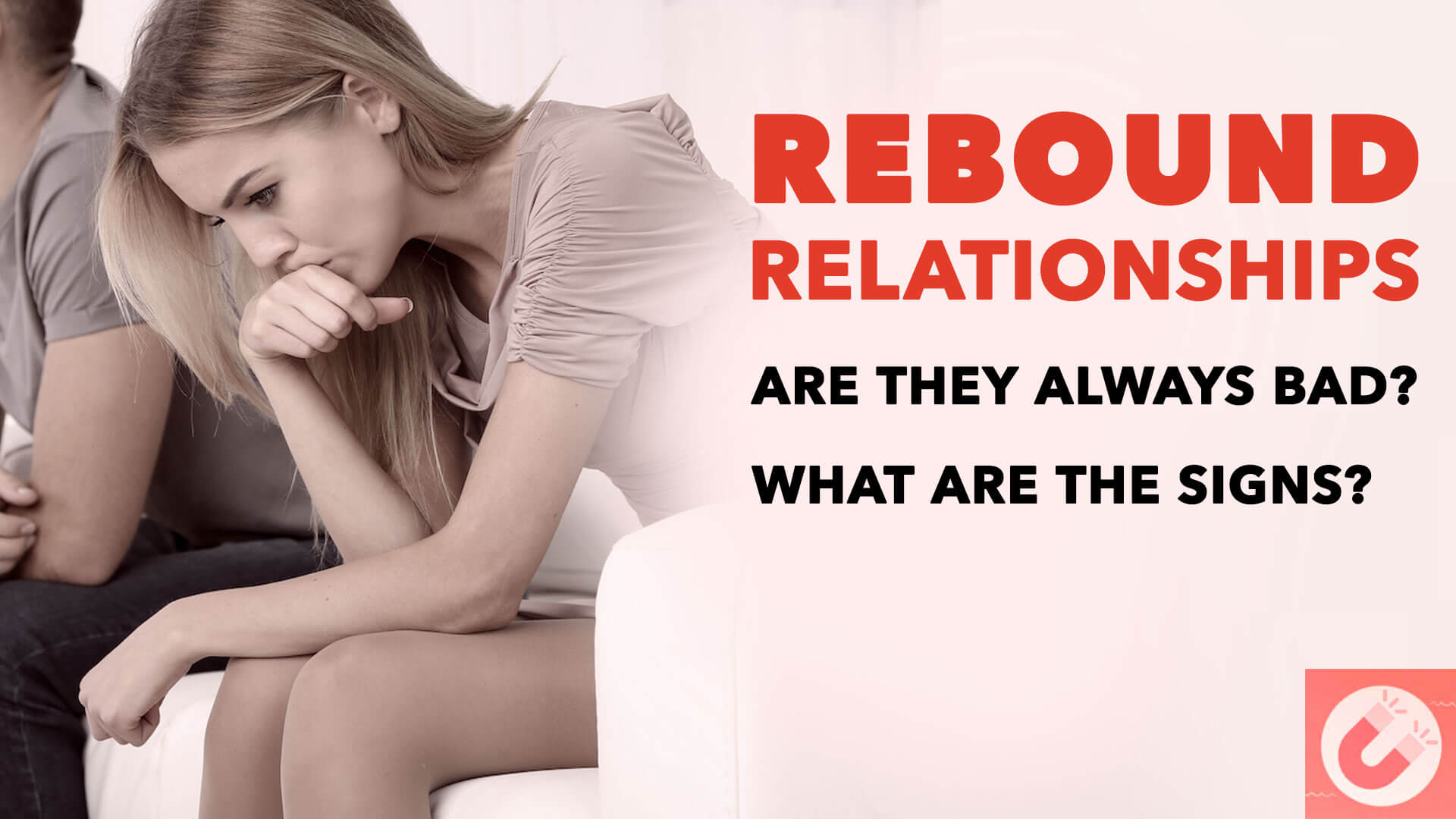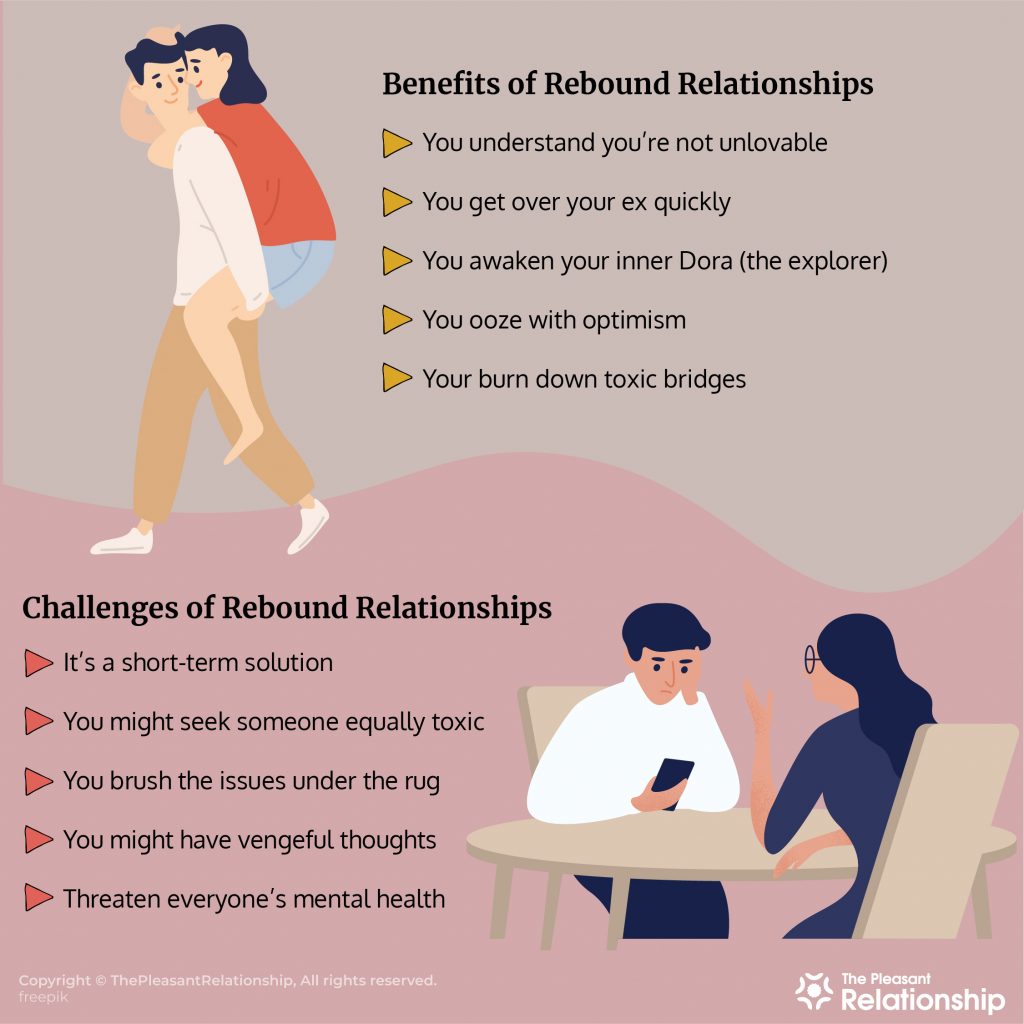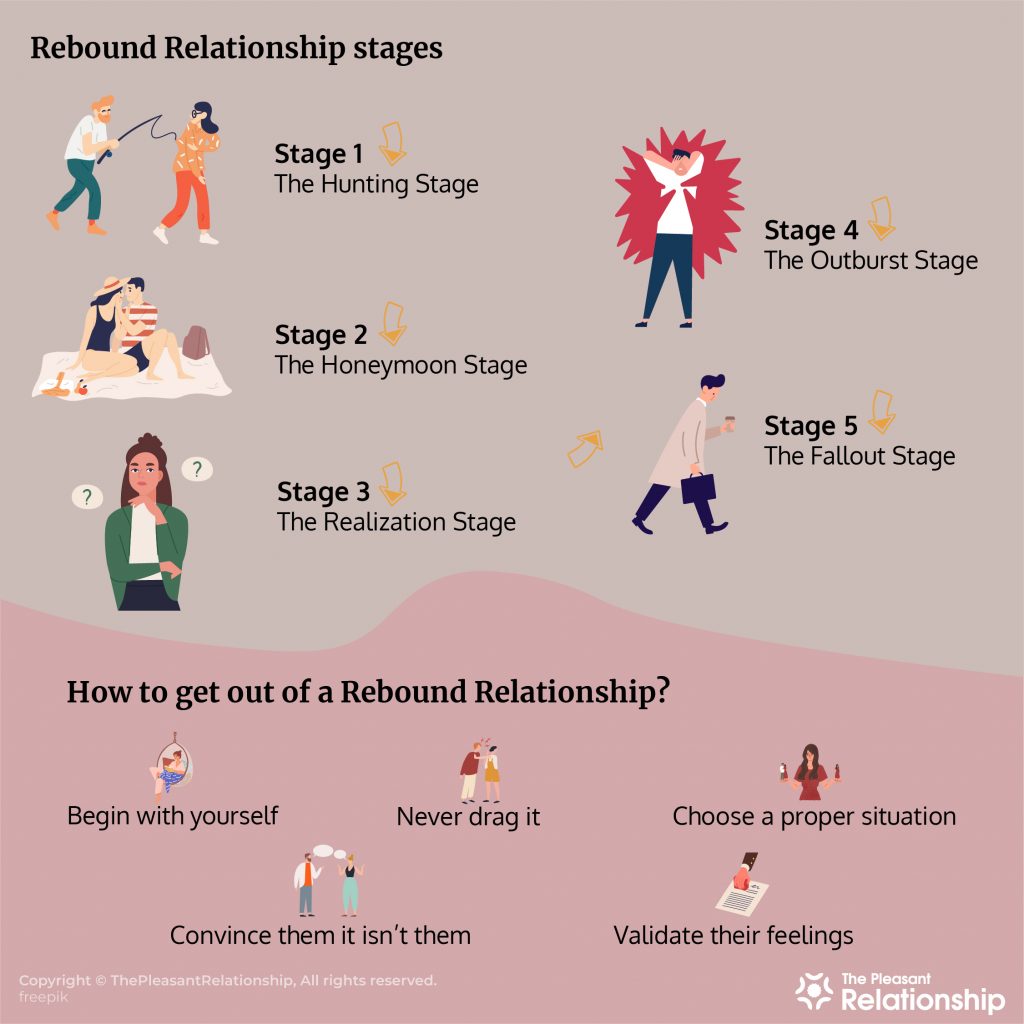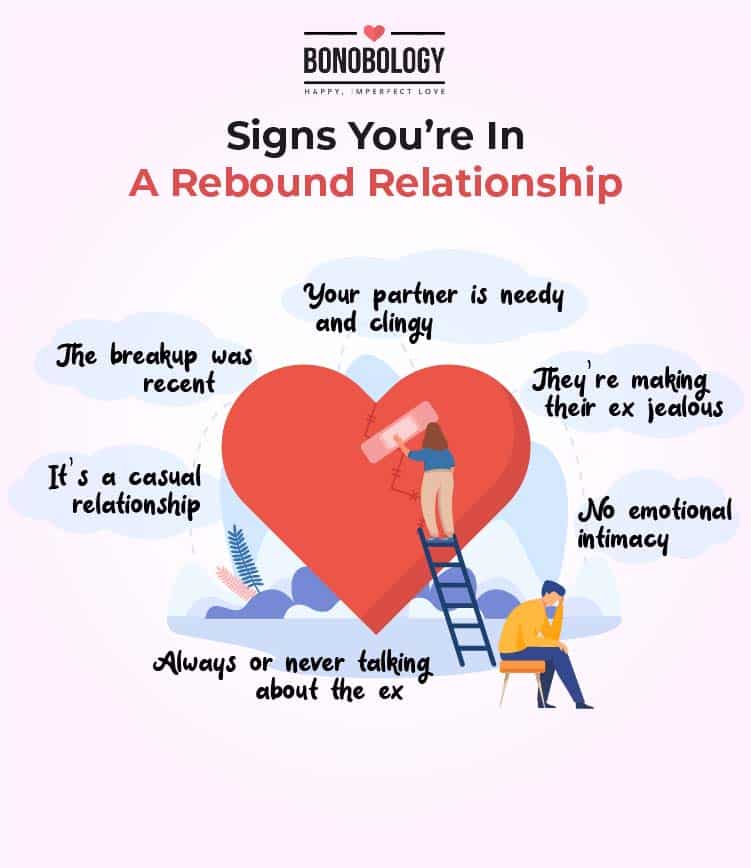
Understanding Rebound Relationships
Definition of Rebound Relationships
Rebound relationships typically emerge shortly after a person ends a significant relationship. They serve as a coping mechanism, often allowing individuals to mask their emotional pain. Instead of taking the necessary time to heal, they seek out new partners in an attempt to fill the void left by their ex.
Common Characteristics
Rebound relationships can exhibit several defining traits, including:
- Quick Development: These relationships tend to progress faster than normal, with couples rushing into intimacy and commitment.
- Unresolved Feelings: Individuals may still harbor feelings for their ex, leading to comparisons and emotional confusion.
- Lack of Genuine Connection: Many find it challenging to build a deep, meaningful bond, limiting emotional availability.
Recognizing these traits can be crucial in evaluating the health of one’s relationship journey.

Causes of Rebound Relationships
Emotional Vulnerability
Emotional vulnerability plays a significant role in the formation of rebound relationships. After a breakup, individuals often feel raw and exposed, turning to new partners for comfort. This can lead to snapping up relationships that aren’t built on solid foundations.
Fear of Being Alone
The fear of solitude compels many to jump into rebounds. They might feel they need someone to fill the emotional gap left by their ex. It’s common for people to:
- Avoid navigating through grief alone
- Crave companionship quickly
- Overlook compatibility
Seeking Validation
Lastly, many turn to rebound relationships as a means of seeking validation. The desire for affirmation and reassurance can result in poor relationship choices, leaving one feeling more confused. Remember, recognizing these causes can help individuals break the cycle of unhealthy relationships.

Signs of a Rebound Relationship
Quick Escalation
One of the most telling signs of a rebound relationship is its rapid progression. Couples may find themselves moving too quickly into serious commitments, often jumping into intimate situations or discussing future plans far too soon. This haste often stems from a desire to replace the emotional void of a recent breakup.
Comparison to Ex
Another red flag is the tendency to compare the new partner with the ex. If someone frequently references their former relationship or makes direct comparisons, it may indicate they haven’t fully processed their past. This behavior can create tension and insecurity in the new dynamic.
Emotional Unavailability
Finally, emotional unavailability is a common trait in rebound relationships. One or both partners might struggle to open up or be vulnerable, often citing lingering feelings or unresolved issues from their previous relationships. Recognizing these signs is crucial for anyone wanting to foster a healthier connection.

Impact of Rebound Relationships
Emotional Consequences
Rebound relationships can carry notable emotional consequences. Individuals may find themselves swinging between highs of new love and lows of unresolved grief. This emotional rollercoaster can lead to:
- Increased anxiety
- Persistent feelings of inadequacy
- Challenges in forming lasting connections
It’s common for rebound partners to feel more overwhelmed than fulfilled.
<h3Hindering Personal Growth
Additionally, rebound relationships can significantly hinder personal growth. Instead of reflecting on past experiences and learning from them, individuals may become distracted by new relationships, preventing necessary self-discovery. Focusing on developing personal interests and emotional resilience can pave the way for healthier future relationships. Recognizing these impacts can empower individuals to make more thoughtful choices in their love lives.

How to Avoid Rebound Relationships
Self-Reflection
To steer clear of rebound relationships, engaging in self-reflection is essential. Taking time to understand your emotions and motivations can provide clarity. Consider journaling your thoughts or meditating to foster greater self-awareness.
Setting Boundaries
Establishing clear boundaries is another protective measure. Be upfront with potential partners about your needs and limits, ensuring both parties understand the priority of emotional healing over jumping back into the dating scene.
Taking Time for Healing
Lastly, allow yourself ample time for healing. Rushing into a new relationship can lead to unprocessed emotions resurfacing. Dedicate this period to personal growth, exploring hobbies, or reconnecting with friends. By prioritizing your well-being, you lay the groundwork for healthier future relationships.

Building Healthy Relationships
Communication Skills
Building healthy relationships starts with effective communication skills. Being open and honest with your partner fosters trust and understanding. Practicing active listening and expressing your thoughts clearly can help prevent misunderstandings and conflicts.
Emotional Intelligence
Emotional intelligence is equally vital. Recognizing and managing your emotions while being attuned to your partner’s feelings promotes empathy. This mutual understanding deepens connections and nurtures emotional intimacy.
Prioritizing Self-Care
Finally, prioritizing self-care lays a solid foundation for any relationship. Engage in activities that rejuvenate your spirit, whether it’s reading, exercising, or pursuing hobbies. A fulfilled individual contributes to a thriving partnership, ensuring a balanced and rewarding relationship.

Seeking Professional Help
Therapy Options
When navigating the complexities of relationships, seeking professional help can be incredibly beneficial. Therapy options, such as individual or couples counseling, provide a safe space for exploring emotions and experiences. A qualified therapist can help identify patterns, fostering healthier relationship dynamics.
Support Groups
Support groups also offer valuable community resources. Connecting with others who share similar experiences can provide comfort and insights. Through group discussions, individuals learn coping strategies and develop a sense of belonging, reinforcing that they are not alone in their journey towards emotional healing and healthier relationships.

Conclusion
Recap of Avoidance Strategies
In navigating the turbulent waters of relationships, it’s essential to implement effective avoidance strategies. Remember to engage in self-reflection, set clear boundaries, and take necessary time for healing. These practices can help prevent entering rebound relationships that lack depth and stability.
Final Recommendations
To foster healthier connections, focus on developing communication skills, emotional intelligence, and prioritizing self-care. Lastly, don’t hesitate to seek professional help when needed—whether through therapy or support groups—to guide you on your journey. Embracing these actions will ultimately lead to more meaningful and fulfilling relationships in the future.
